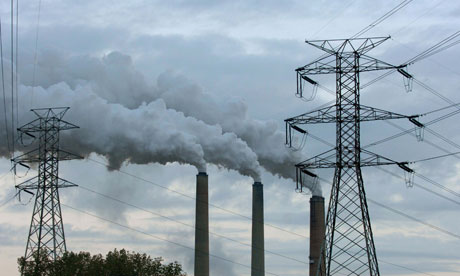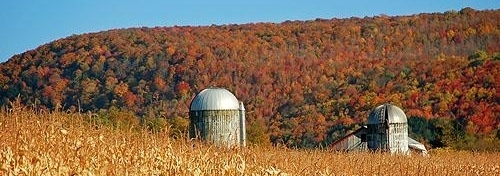By Sarah Brylinsky, Program Associate, Second Nature
(Download the symposium agenda, or a PDF version of this summary here.)
The first American College & University Presidents’ Climate Commitment(ACUPCC) Regional Collaborative Symposium – the 2012 Northeast Regional Symposium – took place at Bunker Hill Community College November 3-4, 2011. The Regional Symposiums focus on fostering collaboration among ACUPCC signatories facing similar challenges and opportunities in their geographic regions. This inaugural conference garnered participation from 36 universities in 19 states throughout the Northeast, achieving cross-institutional dialogue, knowledge exchange, and solutions to climate action planning, curriculum reform, and other key issues.
Read more






